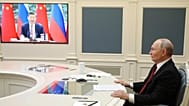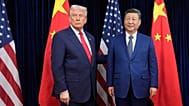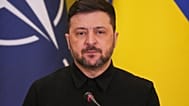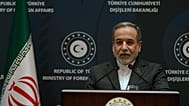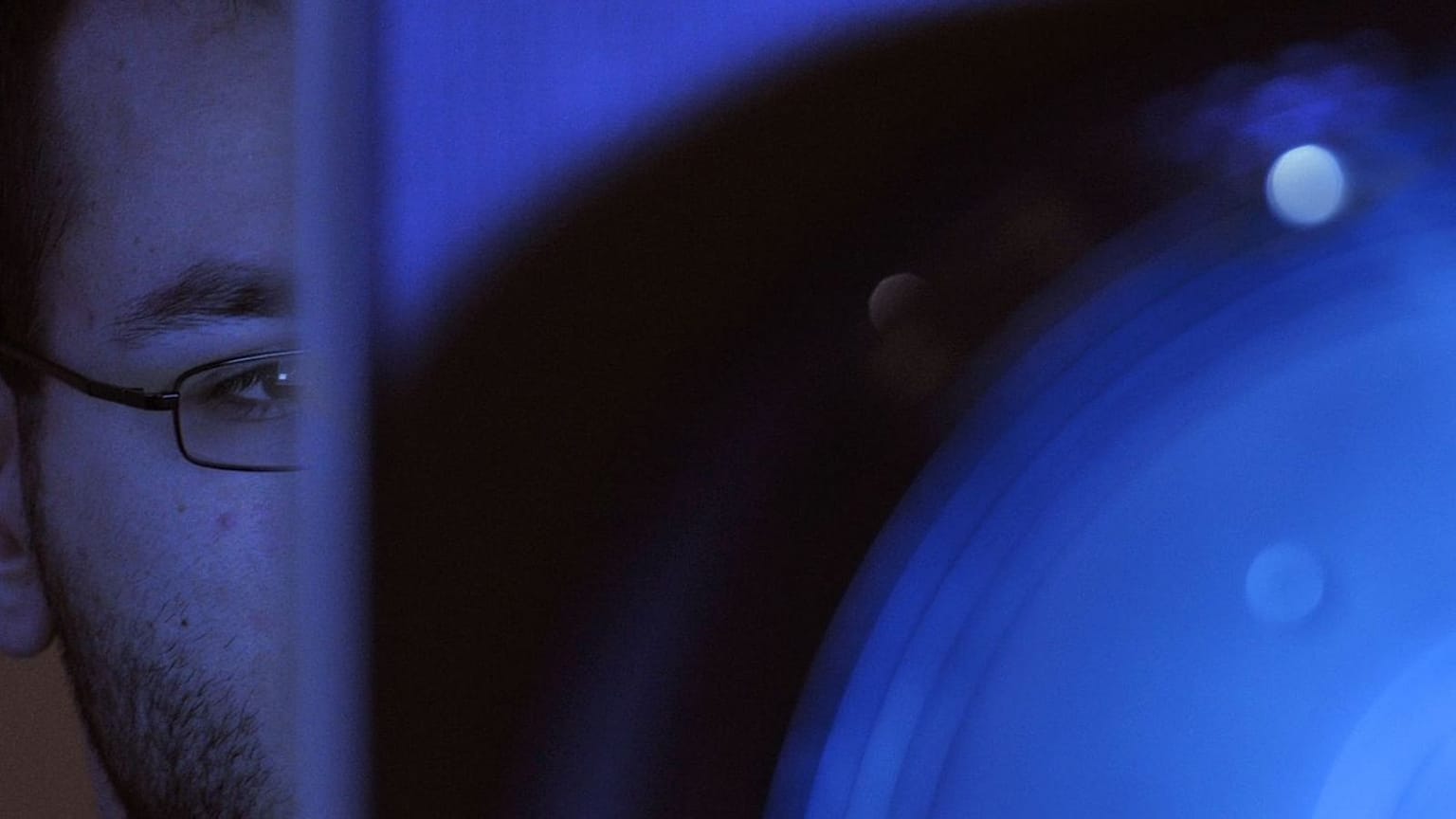"There is a larger and disturbing trend where governments directly interfere with the internet, attempting to score short-term political points, without regard for the long-term damage," Konstantinos Komaitis, of the Internet Society, told Euronews.
Concerns are being raised the internet is no longer open to all, and has become fractured along geopolitical lines or to meet national interests.
In 2020, network observers witnessed internet outages and shutdowns in Jammu & Kashmir, and more recently during unrest in Ethiopia.
As opposition demonstrations continue in Belarus, citizens have frequently found their access to internet connectivity and cellular service cut.
In January, Wikipedia was restored in Turkey after a ban of more than two years.
Meanwhile, the US administration of President Donald Trump has banned Chinese apps TikTok and WeChat, while proposing a range of online controls.
All these are examples of how authorities and policymakers have sought to make the internet a less resilient and open network - something organisations have dubbed the "splinternet".
"An open internet is one where everyone may create, use or deploy the internet's technologies according to their own wishes," said Konstantinos Komaitis, senior director of policy strategy and development at the Internet Society.
"If you think of regulatory attempts to prevent communications - internet censorship essentially - this could be considered an attack on openness.
"There is a larger and disturbing trend where governments directly interfere with the internet, attempting to score short-term political points, without regard for the long-term damage that this can cause".
The non-profit organisation has launched its "Internet Impact Assessment Toolkit" to enable policymakers and ordinary users to "protect the foundation that underpins the Internet".
The guide sets out fundamental principles the Internet Society wants governments to abide by to facilitate the "free and efficient flow of knowledge, ideas, and information" online.
"We believe that this toolkit is part of a much bigger conversation about understanding and protecting the internet," Komaitis told Euronews.
The Internet Society has called for the internet to be considered and protected in the same way that policymakers take account of health and environmental concerns.
Watch Seana Davis' interview with Konstantinos Komaitis in the #TheCube above.

